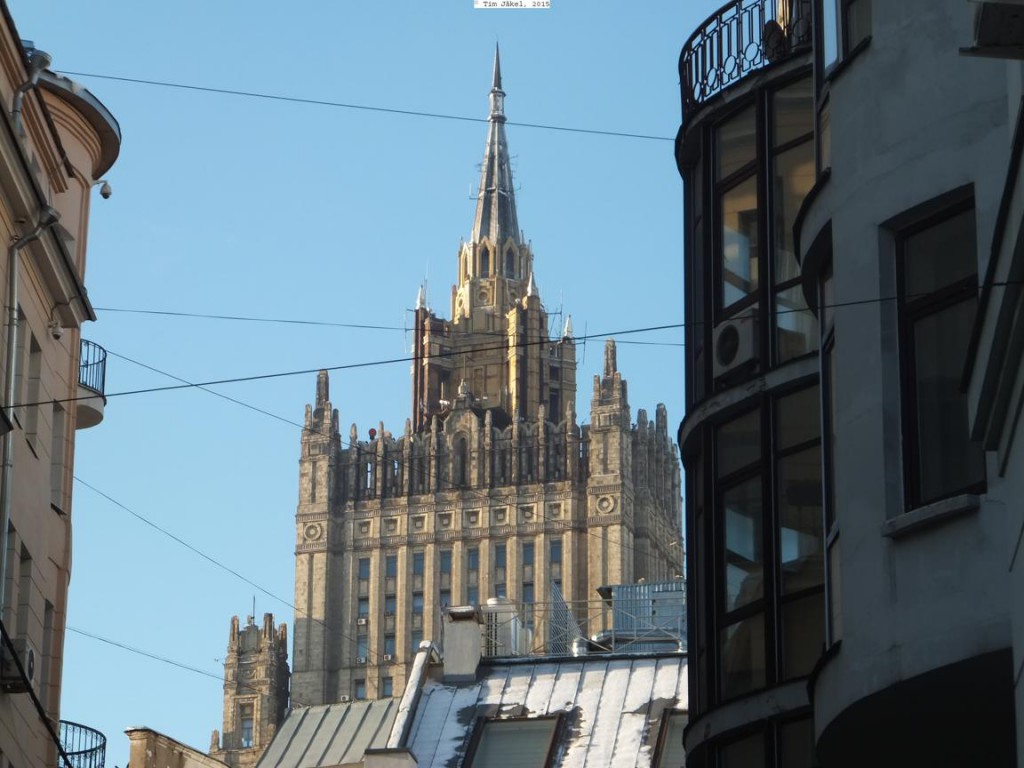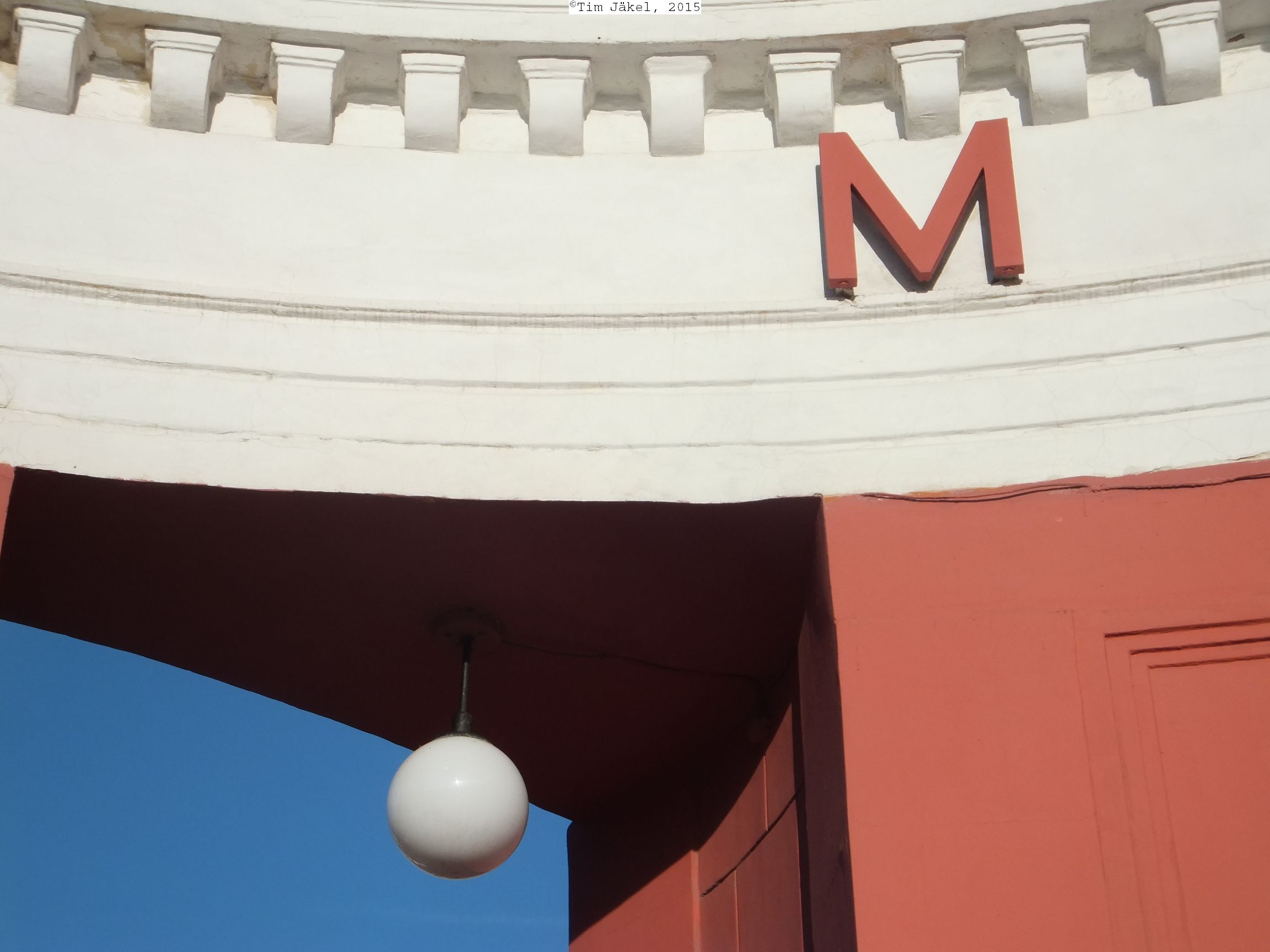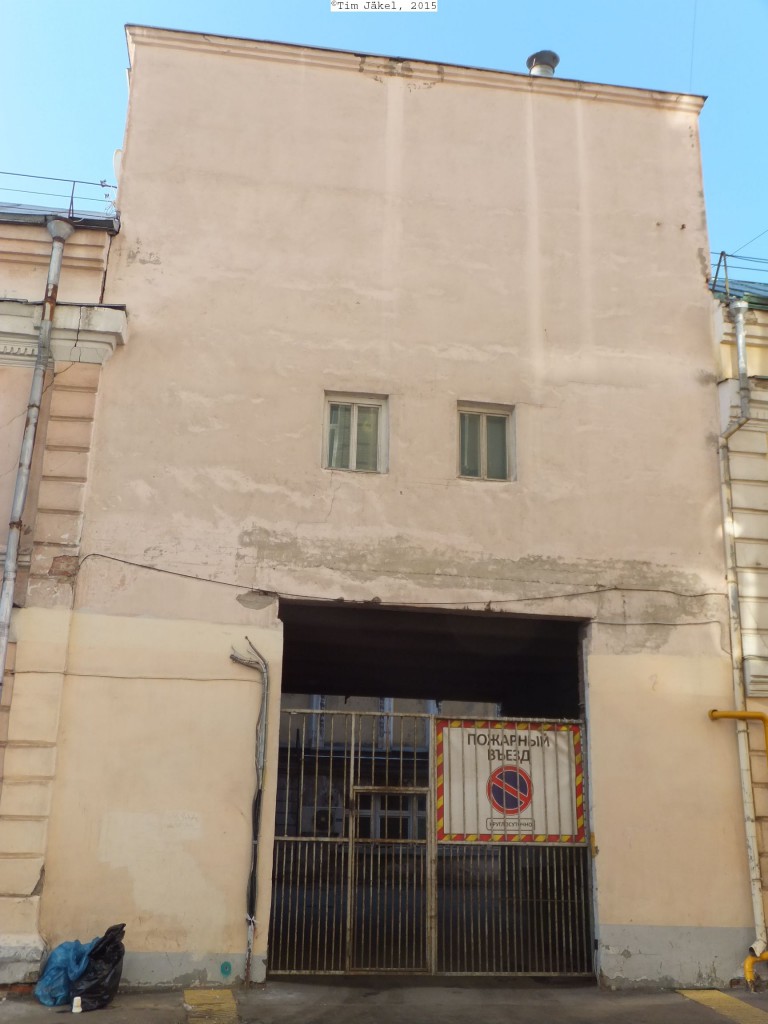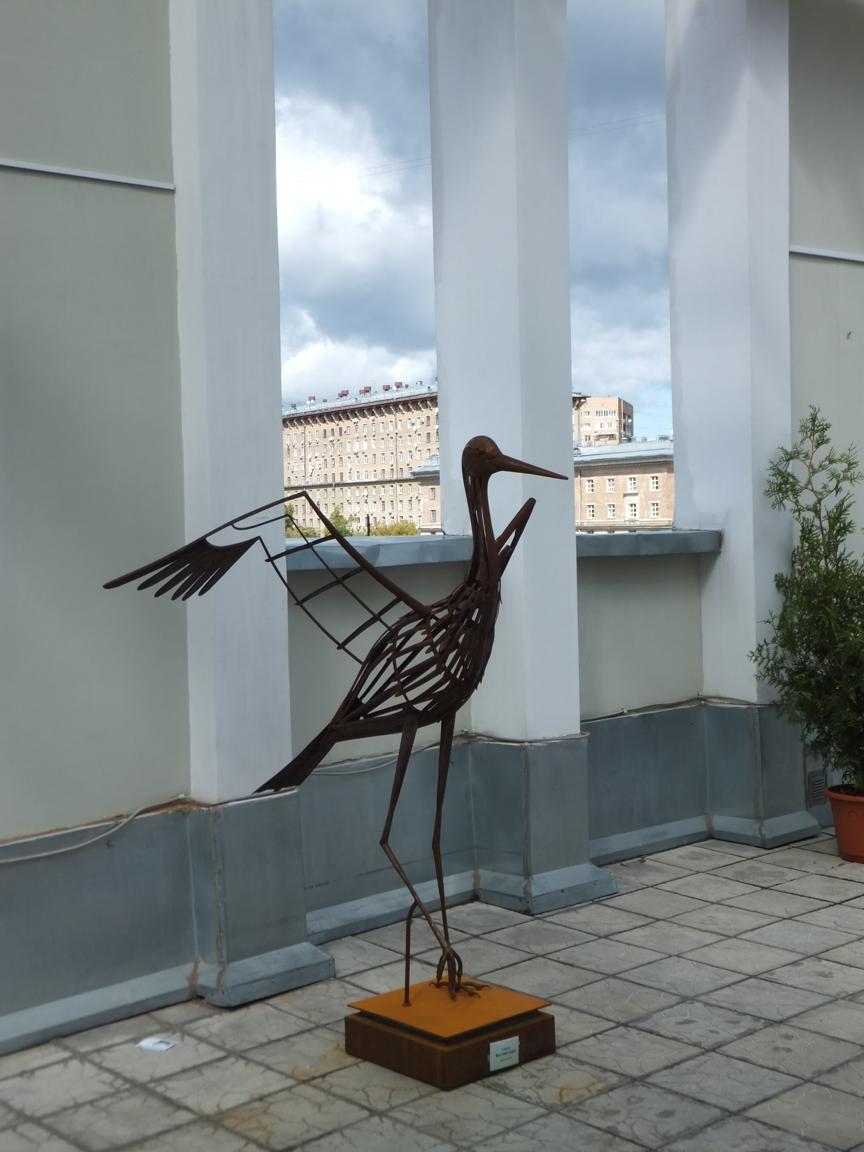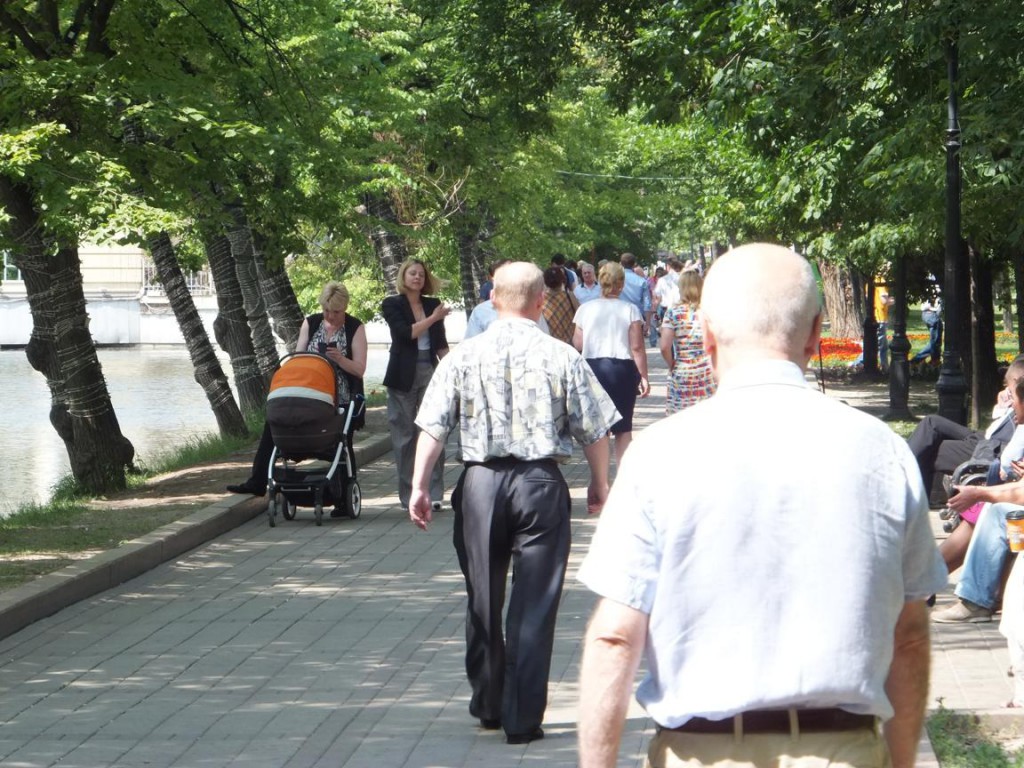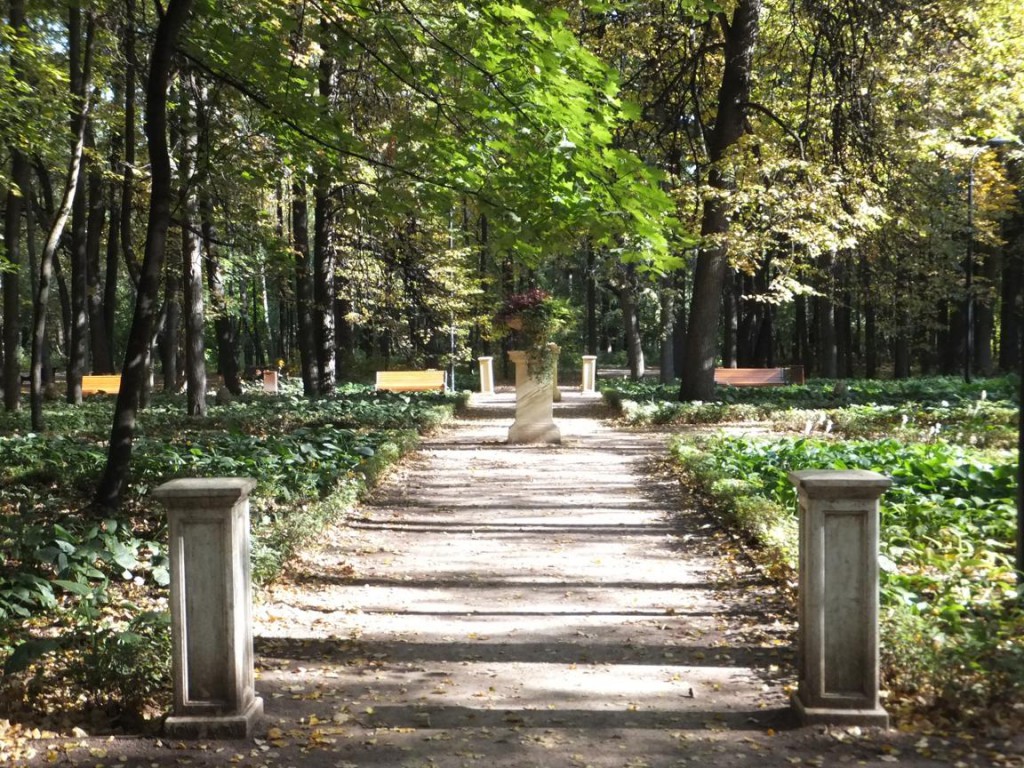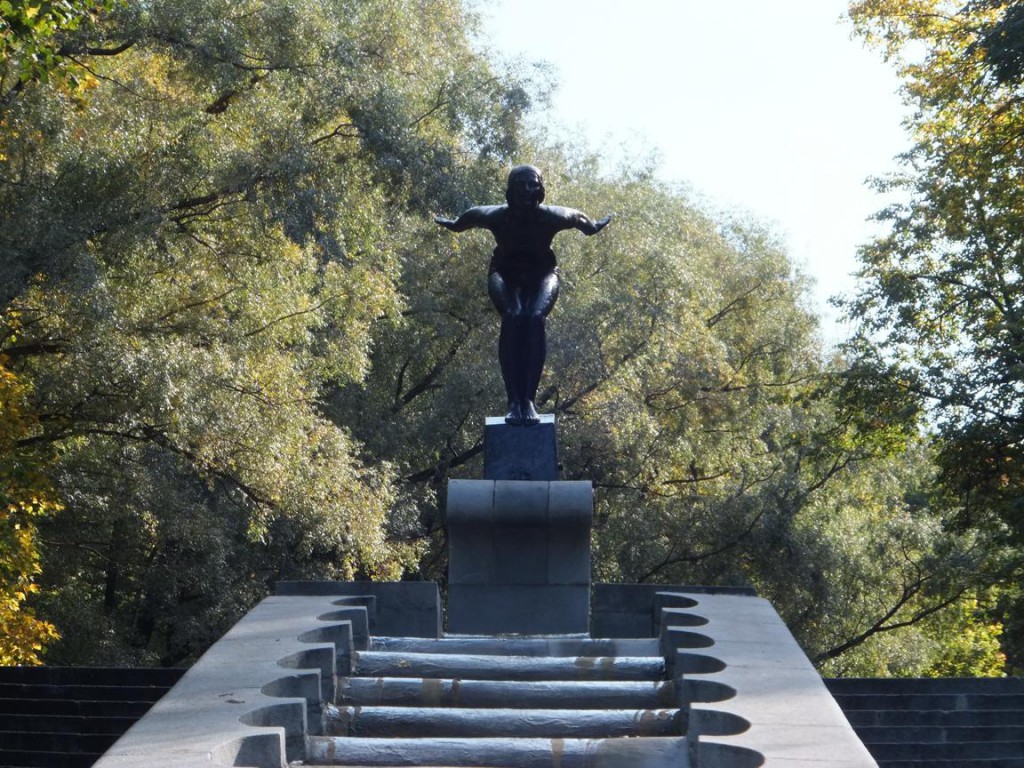For the latest issue of the magazine Re(a)d Square Yulia Kazakova, the journal’s editor in chief, and Saule Ismagulova asked me to share my views on Administrative Sciences and Public Administration in Russia. Yulia is also a graduate student at Higher Schools of Economics’ School of Public Administration. The interview can also be found at readsquare.ru/public-administration-from-a-scientific-point-of-view.
– Let’s begin with some questions about you. Do you have any experience of working in public administration?
I am a scientific researcher, not a public manager. I graduated from Heidelberg University with a PhD in political science. I’ve been studying decision-making in the public sector with a focus on governmental decisions, for instance, in labour market regulation. I have been fascinated by public economic approach to public administration since then. But often, in public economics as well as in political science, public administration is a black box- we don’t really want to know what is going on inside the box. After I finished my PhD I worked as a Research Fellow at the German Research Institute for Public Administration. And there I studied administrative processes more thoroughly. In essential feature of my research is to understand how public administration works, because otherwise you will build models that can hardly explain the reality.
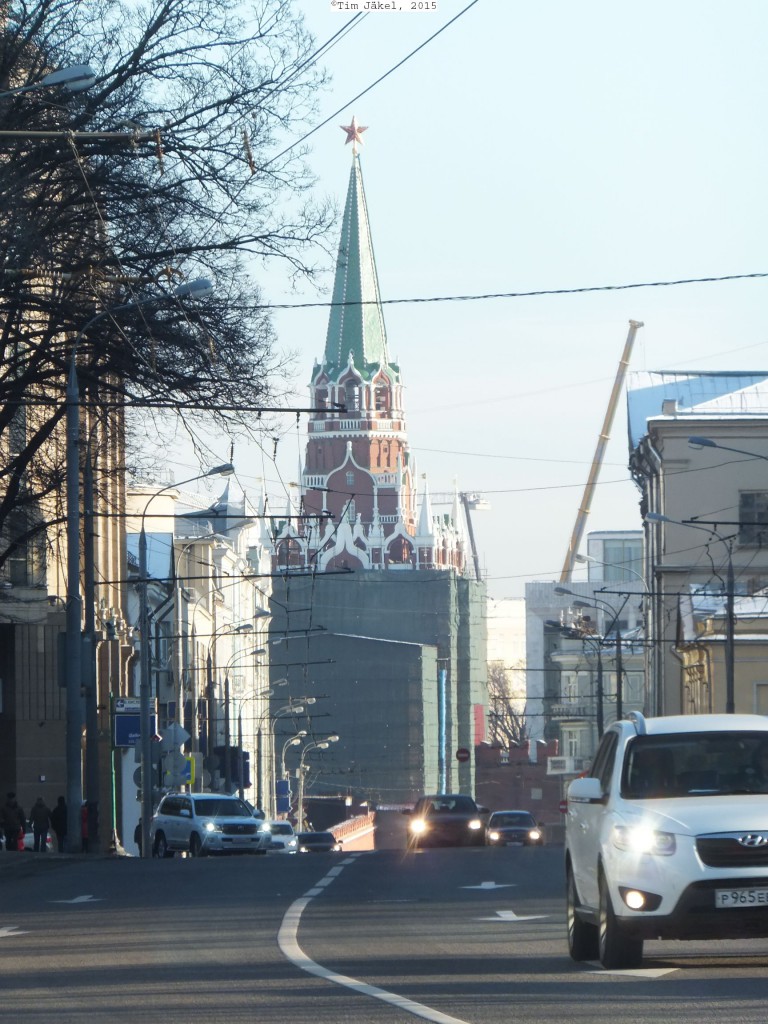
– Why did you become interested in public administration? What are the most attractive points for you about it?
Public sector is responsible for a large chunk of economic activities, about 30-50%, depending on the country. If we do not have an efficient, high-quality administration, we will have less well-being for citizens. This is the initial starting point: how can we manage bureaucratic processes more efficiently? And that’s one of my main subjects as a researcher. Public administration is relevant because it contributes to people’s well-being.
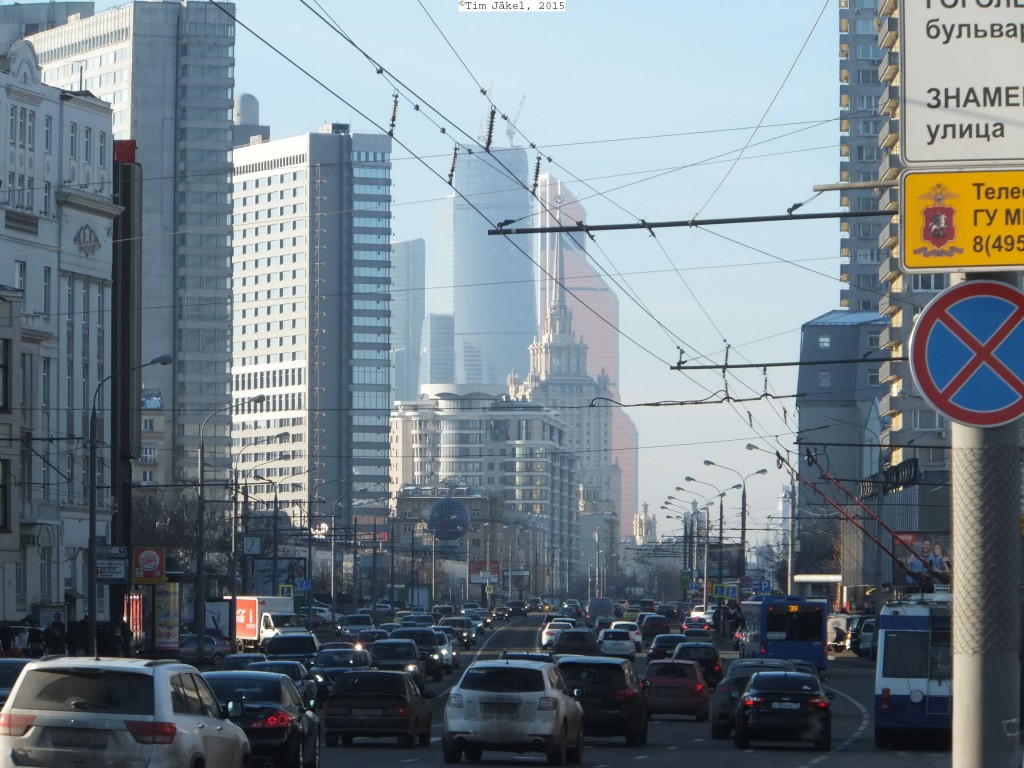
– You have written articles and books where you analyzed public administration in different countries. It can be agreed that such researching process is a time-consuming activity. What does it represent and how is it usually organized?
First, you always have to come up with a good research question- that is to explain in one sentence what you are going to analyze in your research term paper, your PhD thesis or a journal article. That might sound simple, but it is hard work. The second step is to explain in two additional sentences why your topic is relevant at all. Researchers tend to ignore the question whether their activities are of any relevance for public practitioners or the general public. If it is not relevant, don’t write about it. The underlying hard work is to review the literature, develop a theoretical model and to look at processes in public sector management – waste management or public transportation, for instance. Because normally there’s no apple that falls on your head and make you think of Universal Law of Public Administration – there are just too few apple trees located on HSE campus. If you do a comparative research project a major point is case election. Here, you should ask yourself: Why do you want to compare certain countries? Why does this make sense? It’s time-consuming, but you have to conceive the research process from its ending – what do you want to achieve? And then it’s much easier to manage your research process.
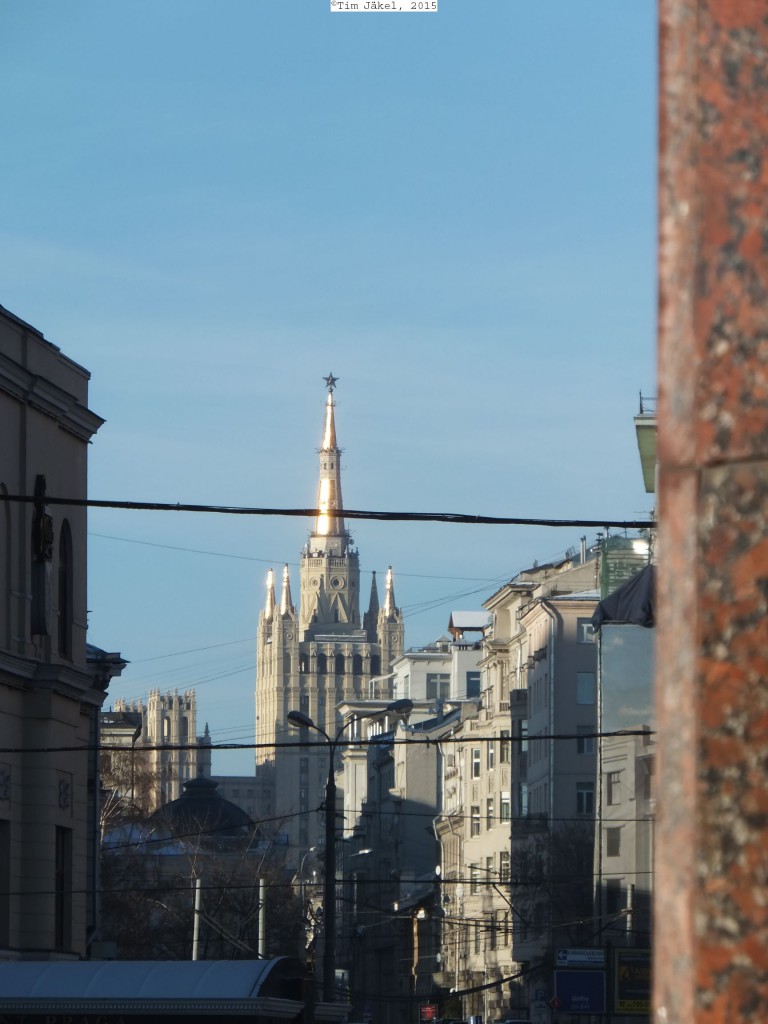
– Does an ideal model of public management exist? I mean whether you can give an example of some countries (regions or municipals) which, to your mind, can be characterized by high standards of public performance.
There is no “one size fits all model of public management. The main objective of public administration should be to contribute to citizens’ well-being. But people have different preferences. If you have children, you want to have playing fields, high-quality public schools. Safety, recreational areas and green environment are the things that most people consider important. Others want to have a say in budgetary issues, so municipalities have to balance expenditures and inflows. A lot of goals should be achieved, but these goals are always conflicting. There is a limited amount of resources, and public sector has to decide how to allocate them (for example, how much money should be spent on building new roads?). It’s a task of managing an allocation process. A good public administration is the one which at least tries to maximize as many goals as possible and keep the side effects limited. That’s a challenging process because resources are always limited. If they try successfully, they are a good public administration. But there are different models that can succeed.
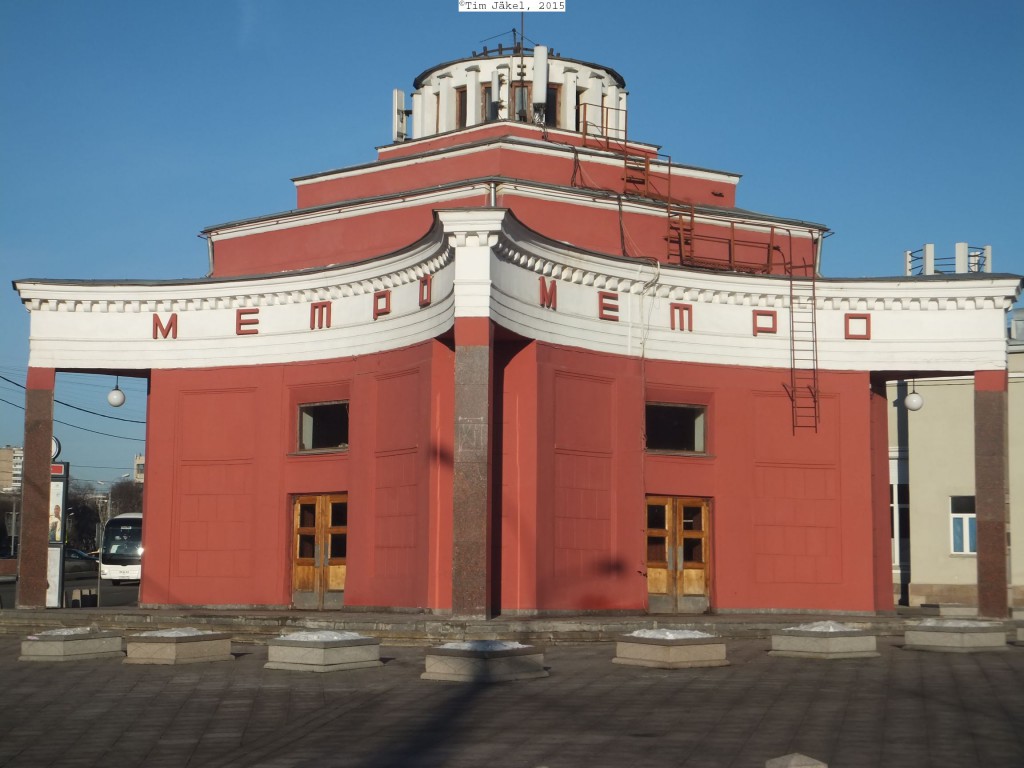
Sweden and Switzerland are two fantastic cases for researchers. In Switzerland there is a wide range of direct democracy at all layers of government. If the municipalities want to raise their local income tax rate, they have to call people to the ballot box. This creates consensus, and at the same limits inefficiencies in the public sector.
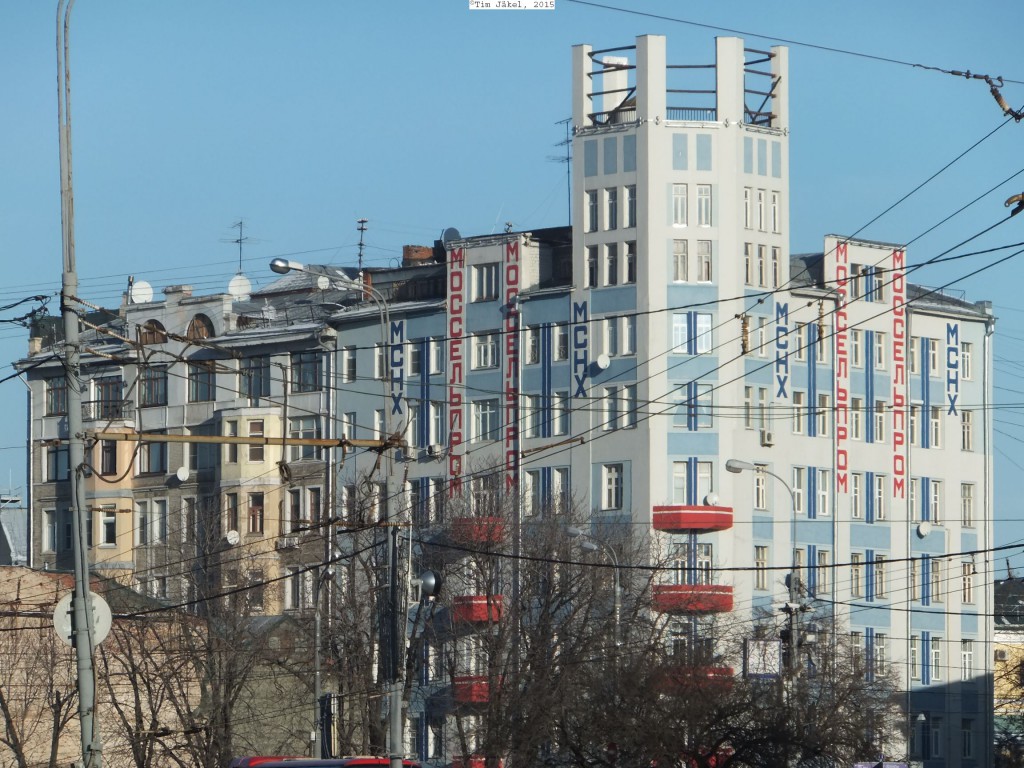
Sweden has an outstanding tradition of performance measurement and performance evaluation in the public sector. And they particular focus on the quality of public service delivery, and they made large steps to go beyond the common and flawed cost-per unit approach we saw in the 1990ies as part of the New Public Management doctrine. They established the notion that citizens and taxpayers have a right to receive the best quality of public services. This is why I like to do research on Sweden.
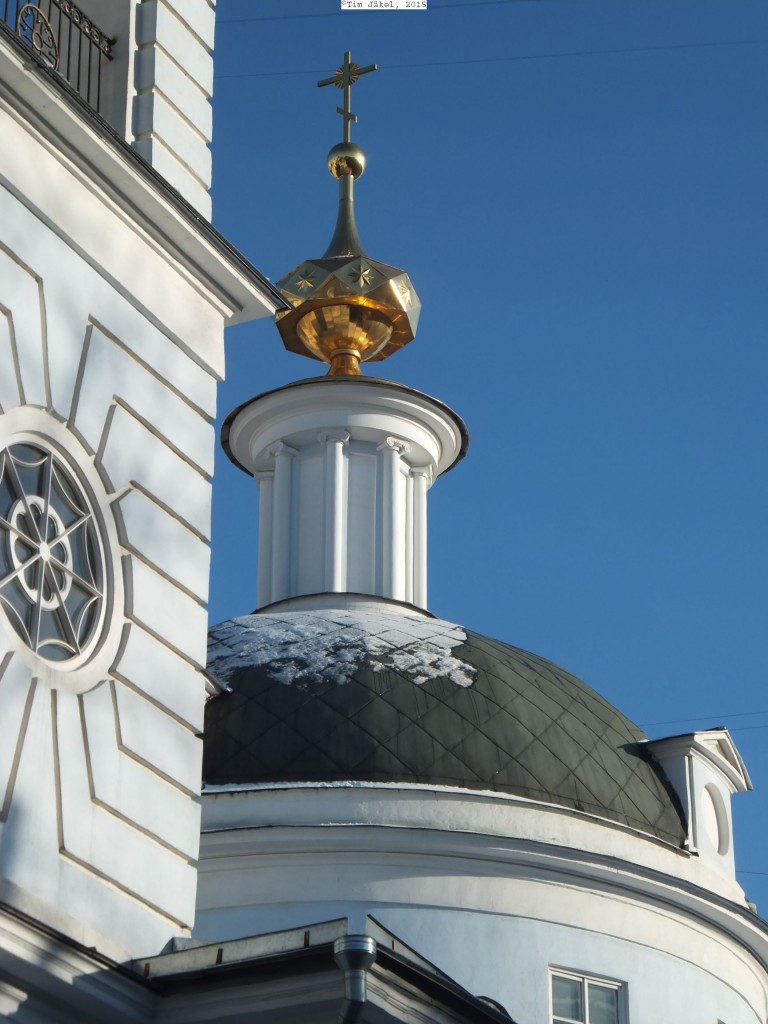
– What is special about Russian public administration? Does it have definite peculiarities that differ it from that in other countries? Can you give some examples of its advantages and drawbacks?
The strength of Russian people is that they are able to adapt to any circumstances. I see that in Moscow the city government is willing to adopt new practices. There are a lot of things changing in everyday life: new time tables and public transportation, which are better compared to the old ones. The city government is open-minded, willing to try new things. A drawback of Russian public administration can be given from everyday life experience. Sometimes frontline staff is unfriendly – or let us say – rude. If you go to a public museum and ask a staff member where is this and that, they might look at you in a way like ‘what do you want from me?’ Another potential drawback is that too strict hierarchical thinking limits the opportunities offered by thinking and doing things differently. But these are just some examples. Russia is an extremely multifaceted country.
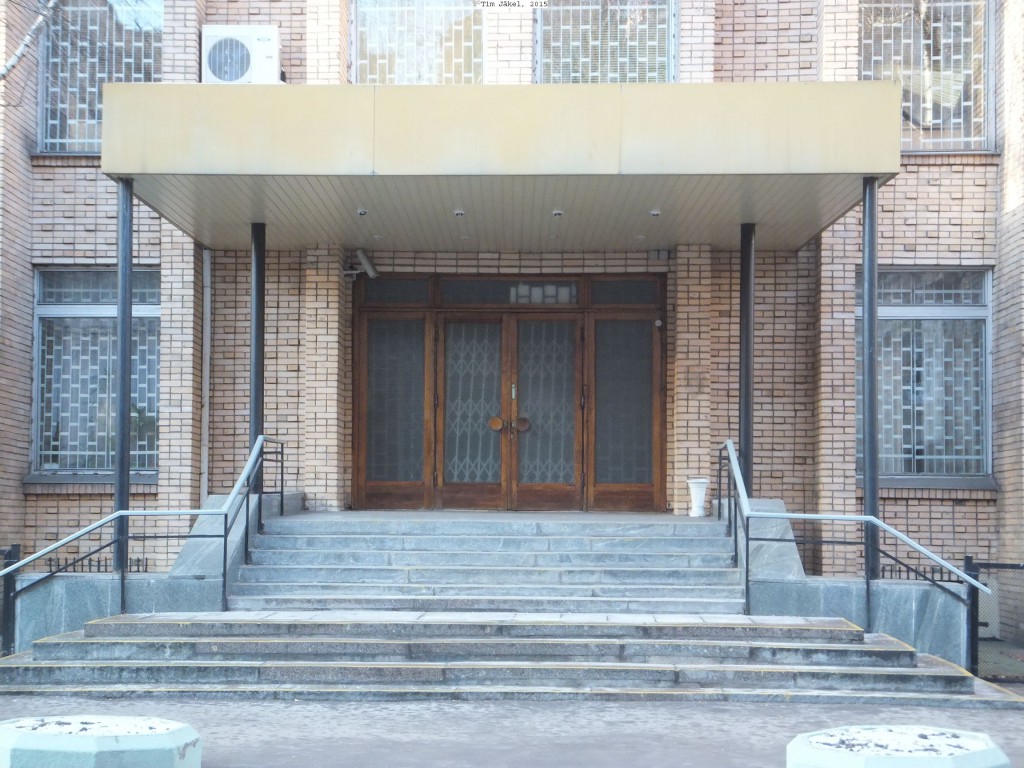
– They say that innovations are becoming a significant part of the successful public service performance. What innovations have been introduced in the practice of public service in the last several years? Does innovative public management have limits?
Firstly, E-government is a large trend in innovative behavior. To deliver more public services online is a common trend in the US, in England or Germany alike. Another innovation is the adoption of citizens’ service centres and one-stop agencies. The relevant question is why some public organizations innovate while others do not. Prior research found for instance that innovative organizations staff includes externally hired professionals, and that the organization offers knowledge and skill training which in turn increases encouragement on innovative behavior. But we have limited evidence on how policy-choices from other organizations affect decision making. In my own research I for instance analyze how the performance of an organization and strategic interaction among jurisdictions contribute to innovative behavior in Public Administration.
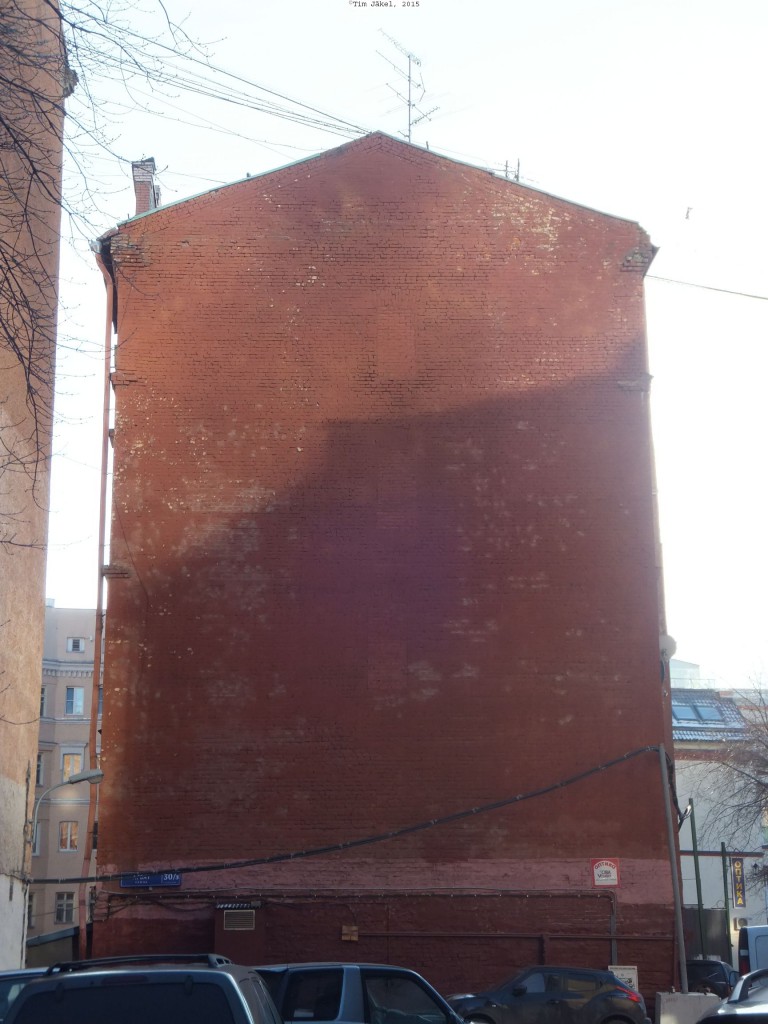
– It’s not surprising that when local public servants give an account to higher organs, they can embellish their reports with more positive results of their work. What do you think: why do they prefer telling about positive things rather than problems and how can this gap in local public sector be solved?
This is kind of human behavior: everybody wants to be successful and achieve goals- I do not know anybody who wants to showcase his own failure. But this is not reasonable for any modern public sector organization. You have to communicate shortfalls and the underlying reasons properly. Organizations have to find a balance between reporting the very last digit of available performance data – open data do not has be a fetish but a tool for holding bureaucrats to account – and reasonable non-disclosure. To identify potential performance gaps and the underlying reasons is important for improvement. From interviews with practitioners in different countries I found that most of them will only share their experiences and knowledge behind closed doors with peers they consider to be trustworthy. An organization thus has to establish a culture of internal trust, a positive culture of error tolerance and channels for knowledge transfer without any fears of being blamed – but this is different from merely sweeping things under the carpet.
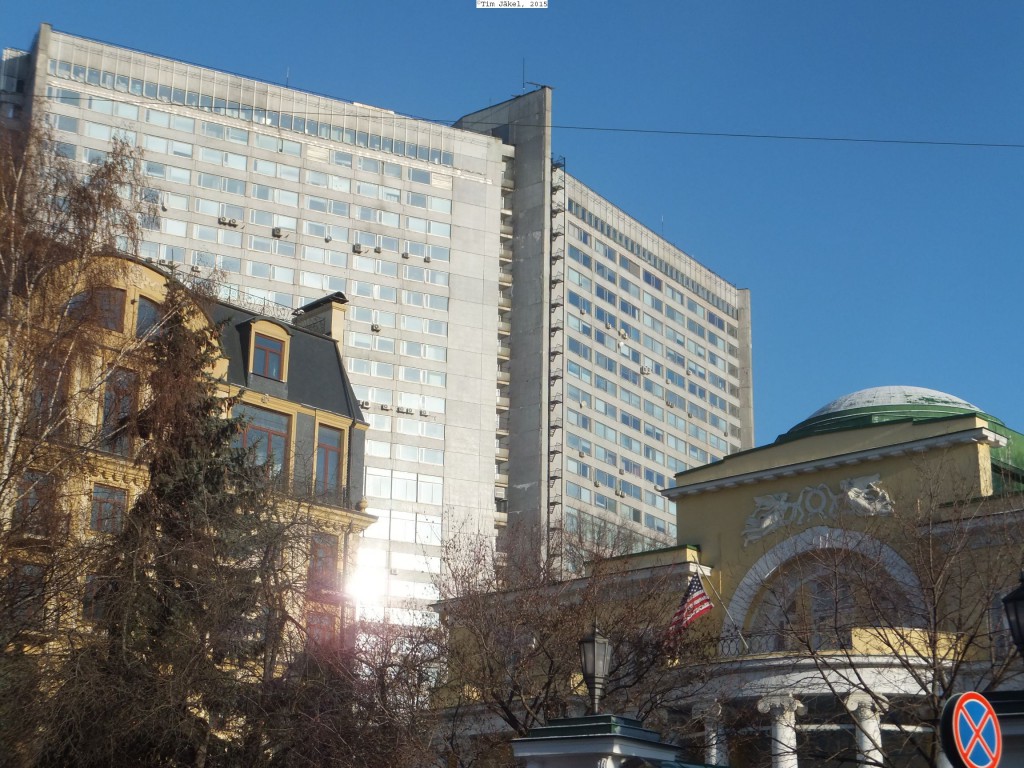
– At HSE day you gave the lecture called «Blame games and risk avoidance: how decision making is linked to relative performance and potential peer effects». Please, share your impressions about the lecture.
I enjoyed delivering the Lecture in Gorky Park very much. Russian students are respectful to teachers and interested in learning new things. At the same time they are also keen to try out new things. If they want to solve a problem, they’ll find a way to do it. This is a good combination.
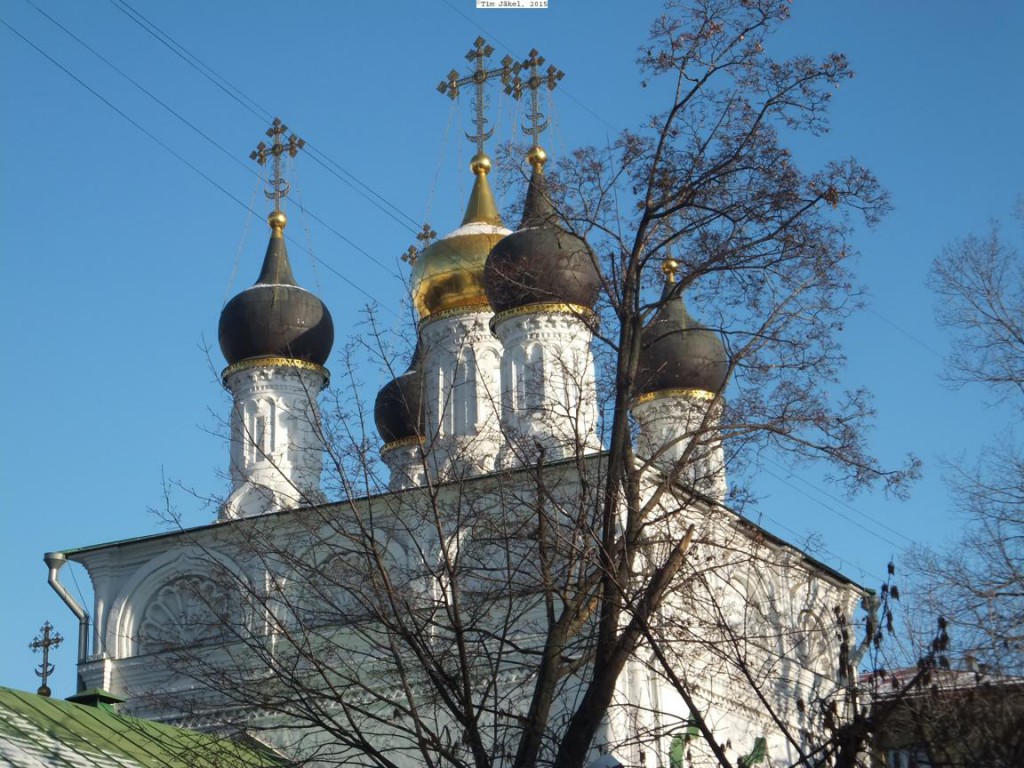
– Which qualities and skills should a rational public manager possess, to your mind?
A modern public manager hates blind obedience; she is keen to deviate from the ‘good old tradition’ for the sake of citizen’s well-being. She is sensitive to performance gaps, that is, she intends to maintain an acceptable level of performance, or to improve performance. She is used to learn and to share knowledge with her peers in other jurisdictions. Finally she is open-minded, and highly motivated.
Thank you for the interview!
